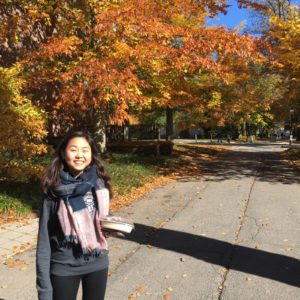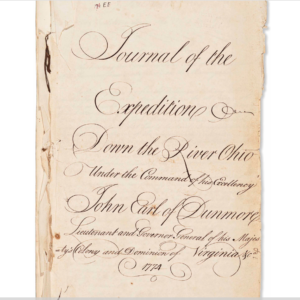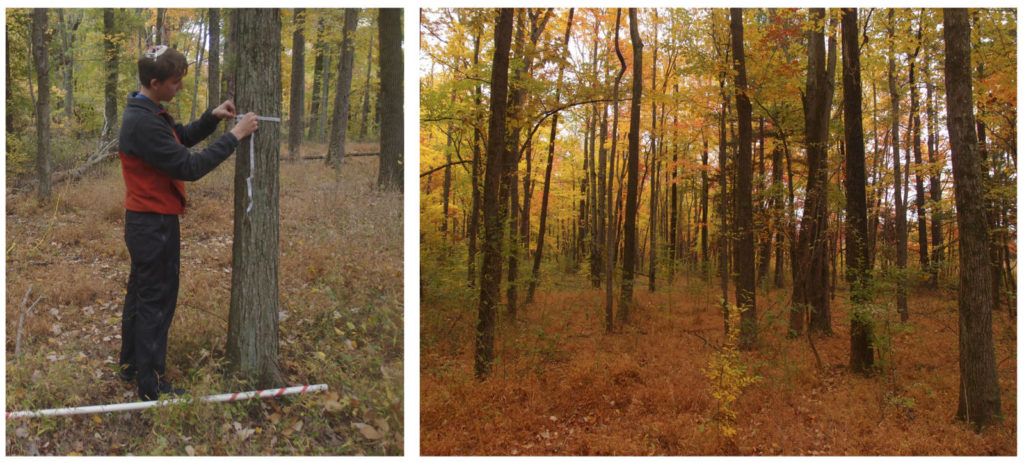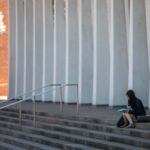Many first years who come to Princeton are interested in doing research, but are too intimidated to pursue it when they arrive on campus. Conducting research in a laboratory can seem like something only juniors and seniors do as part of their independent work. But there are definitely ways to get involved in research earlier as a first year or sophomore. This week, I decided to interview my friend, Janie Kim ‘21, about her experience working in a natural sciences lab as a sophomore, to help shed some light on the process of joining a lab early.

Here’s a little bit about Janie first
Janie Kim is a sophomore at Princeton University who will be majoring in molecular biology. She is doing research on small molecules secreted by marine bacteria in the Donia Lab. On campus, she is also involved in the CONTACT Crisis Hotline, Princeton Public Health Review, and the Arch & Arrow Literature Magazine. She loves sculpting and adores sci-fi unashamedly.
Continue reading How To Join A Natural Sciences Laboratory As A First-year or Sophomore








